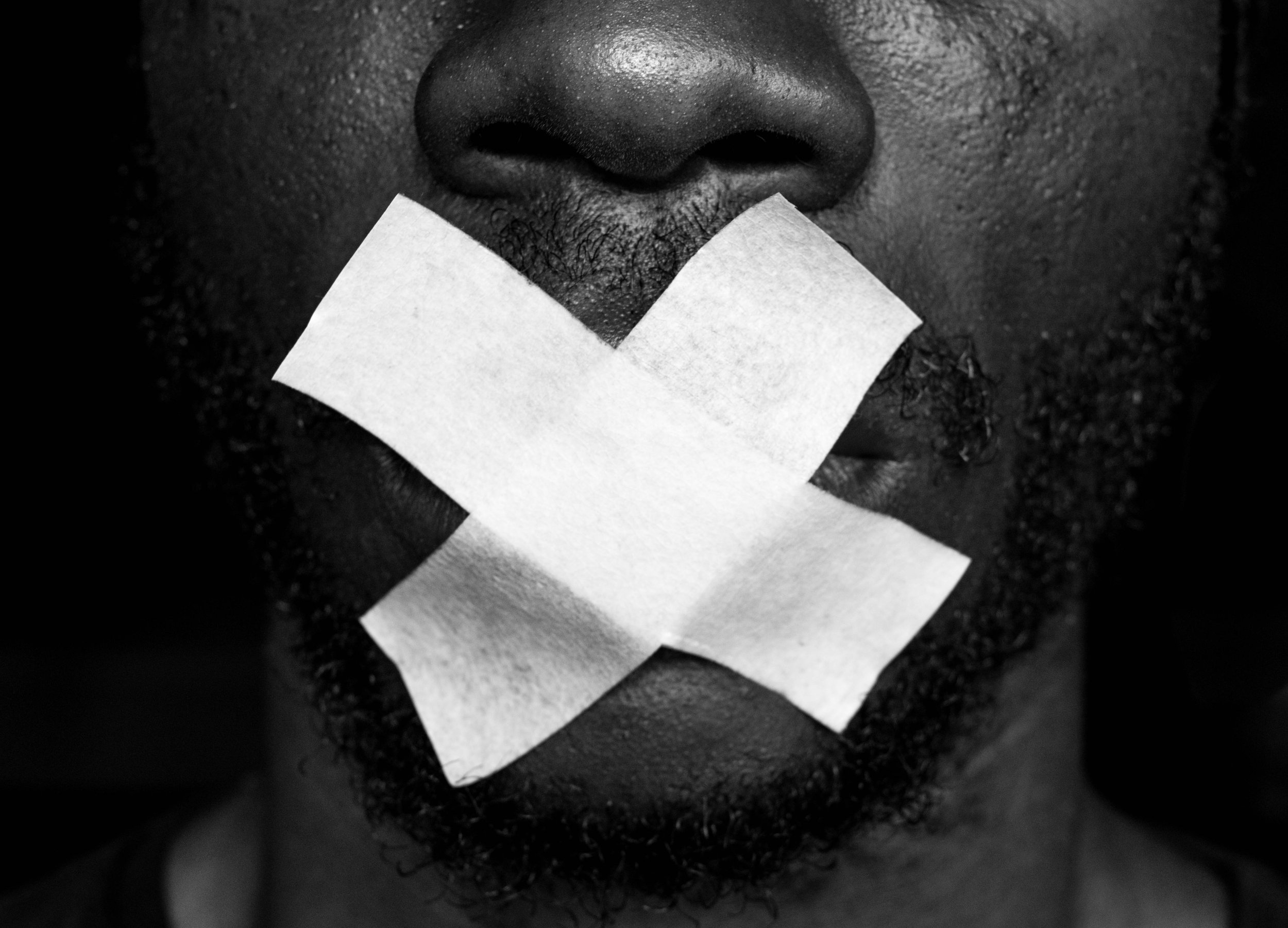ORAL STATEMENT: 81st Ordinary Session of the African Commission on Human and Peoples’ Rights
Stock Photo ID: 1127767487. Photo Contributor: Red Confidential
81st Ordinary Session of the African Commission on Human and Peoples’ Rights
Agenda Item: Human Rights Situation in Africa
17 – 27 October 2024 - Banjul, Gambia
Honourable Chairperson,
PEN International welcomes this opportunity to continue our engagement with the African Commission on Human and Peoples’ Rights on the occasion of its 81st Ordinary Session.
On 21 March this year PEN International published its 2023/24 Case List, our annual report of threats and attacks on freedom of expression worldwide. Our organisation seeks to highlight issues of concern relating to Africa that we urge the Commission to closely monitor.
Across the continent, national contexts characterized by negations of democratic governance and autocratic state conduct; prolonged armed conflicts in at least 14 countries; and systemic impunity continue to entrench restrictions and endemic violations of the right to freedom of expression.
State authorities in a majority of countries have persistently failed to implement their national commitments and international obligations to promote, protect, and fulfill human rights for their citizens. The existence of democratic constitutions, complete with bills of rights, and virtually all countries being signatories to a raft of regional and international human rights treaties has not deterred authorities from suppressing critical voices, particularly writers, artists, and independent journalists for simply doing their work of storytelling, creating art, entertaining, reporting or informing the public.
Critical expression online and offline – be it through writing, music, art, journalism or peaceful protest, continue to be dangerous undertakings across African countries, with countries of major concern being Eritrea, Ethiopia, Mali, Rwanda, Tanzania, Zimbabwe, Democratic Republic of Congo, Sudan, Egypt, Burkina Faso, Cameroon, Uganda, and Somalia.
Use of repressive press laws targeting traditional and digital media platforms; arbitrary arrests and detention; judicial harassment and misuse of the rule of law; threats, intimidation and harassment; suspicious killings; enforced disappearances and exile are among the tactics repressive governments continue to use to punish dissenting voices.
From our research, at least 16 individuals (among them writers, poets, playwrights and dramatists) have been imprisoned without trial in Eritrea for the last 23 years and 2 authors in Mali are in prison or facing trial for their writing or journalism. A further 31 journalists were in jail at the close of 2023, with Ethiopia accounting for 8, Cameroon (6), and Senegal (5), with Angola, Burundi, Democratic Republic of Congo, Madagascar, Nigeria and Zambia jailing one journalist each. Eight journalists were killed in relation to their work; 2 in Cameroon and 1 each in Lesotho, Mali, Mozambique, Nigeria, Rwanda, Somalia, and Sudan. In all these cases, states did not investigate the killings fully or transparently, heightening concerns about state involvement.
Use of repressive legislation and misuse of the rule of law to restrict the right to freedom of expression are major concerns we wish to highlight. Authorities in Uganda, Tanzania, Kenya, Rwanda, Zimbabwe, Democratic Republic of Congo, Togo, Gambia, Ethiopia, Somalia, Nigeria, among others continue to use laws branded as legitimate measures to address concerns like cybercrime, hate speech, misinformation and disinformation, spread of fake news, threats to national security, terrorism, and regulation of the media, to stifle free speech and expression online and offline.
Further, existence of blasphemy laws in at least 20 countries in sub-Saharan Africa alone, and the enactment of stringent anti-LGBTQ legislation in Ghana and Uganda (with Kenya taking steps in the same direction), remain major concerns for the exercise of the right to freedom of expression.
In 2023 at least eight countries in Africa implemented internet restrictions to suppress online information exchange, communication or debate during periods of protest or political unrest, or in some cases, conflict, at an estimated cost of USD 237.4 million to the regional economy. These countries are Ethiopia and Tanzania (February); Mauritania (March); Sudan (April); Guinea (May); Senegal (June); and Gabon and Zimbabwe (August).
In respect to violations of freedom of expression in contexts of peaceful protest, governments continue to use unlawful violence, including deadly force by security forces to repress peaceful protests over diverse public grievances, including in Angola, Democratic Republic of Congo, Guinea, Kenya, Mozambique; Tanzania, Zimbabwe, Nigeria, Uganda, Togo, Senegal in the lead up to the March 2024 presidential elections, among others.
PEN International is concerned that the repressive tactics used by authorities across Africa are all forms of systemic censorship, whose sum outcome is an increasingly constrained civic environment in which abusive conduct and impunity for the powerful is guaranteed. With authorities increasingly adopting more sophisticated, often subtle but lethal methods to intimidate or silence critical voices, legitimate fear of reprisal has entrenched self-censorship as an everyday reality and challenge for writers, artists and journalists across Africa.
We urge the African Commission on Human and Peoples’ Rights to double down on efforts to comprehensively address these concerns with state parties to the African Charter.
We thank the Commission for the attention given to our statement and look forward to our continued collaboration towards universal respect, protection, promotion and fulfilment of the right to freedom of expression across Africa.
Submitted by: Nduko o’Matigere, Head of Africa Region
Email: [email protected]
Affiliation: International PEN
Observer Status No.: 84

